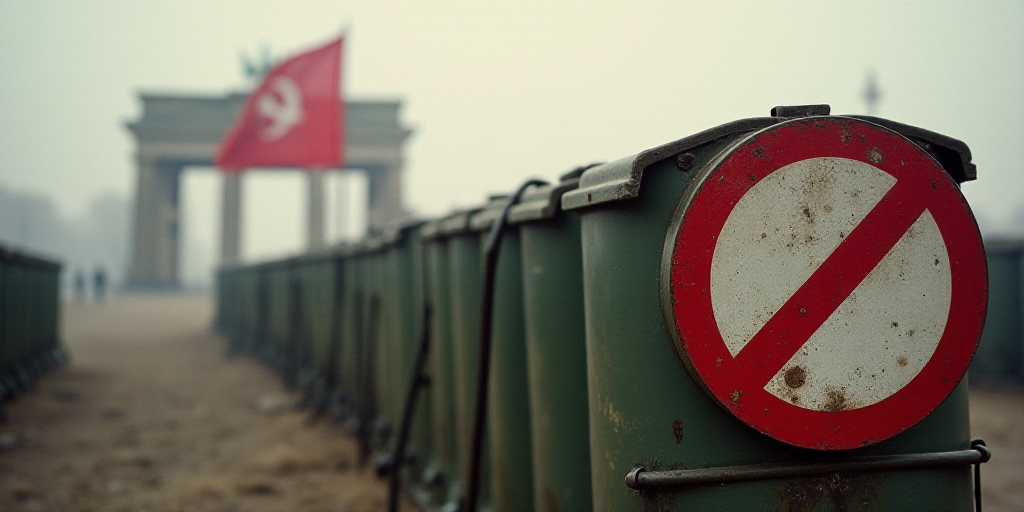Background and Relevance of the Sanctions
The European Union (EU) has agreed on its 18th package of sanctions against Russia for the invasion of Ukraine, which includes a reduction in the maximum export price of Russian oil. This decision comes as the EU aims to encourage the United States to join in imposing these sanctions, hoping to compel Russia to negotiate an end to the conflict.
Kaja Kallas, the head of EU diplomacy, celebrated this new set of sanctions as “one of the harshest against Russia” on social media. The sanctions were adopted shortly after the start of Russia’s invasion of Ukraine in 2023, and the EU has since added restrictions, insisting on their effectiveness.
Russian Response and Impact
In response, the Russian government stated that these measures would be “counterproductive.” Dmitri Peskov, the government spokesperson, claimed that each sanction package adds a “negative effect” for countries joining them. He also mentioned that Russia will analyze the measures to “minimize consequences.”
According to a statement from Kallas’ team, “each sanction weakens Russia’s ability to wage war. The message is clear: Europe will not back down in its support for Ukraine.”
Support from World Leaders
Ukrainian President Volodymyr Zelensky praised the new sanctions package against Russia on social media, stating that this decision is “essential and timely,” especially as a response to Russia intensifying its attacks.
German Chancellor Friedrich Merz also welcomed the new sanctions, saying that they help “maintain pressure on Russia.”
Forcing Putin to Cease Fire
French Foreign Minister Jean-Yves Le Drian stated that the new set of measures has “no precedents” and, together with the United States, they aim to force Vladimir Putin to agree to a ceasefire in Ukraine.
Negotiations for this 18th package of sanctions had previously stalled due to opposition from Slovakia, concerned about the internal effects of these measures. However, Slovakia received assurances from the EU.
Details of the New Sanctions
The new sanctions package reduces the maximum prices for Russian oil exported to third countries by 15% below market value. This initiative comes from the G7, aiming to limit the money Russia earns from oil exports.
The G7 previously set a price cap of around $60 per barrel for Russian oil, and the current trend is to lower this maximum to approximately $48 per barrel.
Along with the oil-related sanctions, the EU added 70 vessels to the list of sanctions for being part of Russia’s “ghost fleet,” used to evade previously adopted restrictions. This brings the total number of sanctioned vessels to 419.
The “ghost fleet” consists of often obsolete and unregistered ships operating mainly in the Baltic Sea with inexperienced crews.
The agreed-upon measures on Friday also include sanctions against a Russian-owned oil refinery in India and two Chinese banks.
Key Questions and Answers
- What is the purpose of these new sanctions? The EU aims to weaken Russia’s war efforts and maintain international pressure for a peaceful resolution in Ukraine.
- Which countries are involved in these sanctions? The EU, along with the G7, is imposing these sanctions. The United States is encouraged to join.
- What specific actions are targeted by these sanctions? The sanctions target Russian oil exports, the “ghost fleet” of unregistered ships, a Russian-owned oil refinery in India, and two Chinese banks.
- How will these sanctions affect Russia’s economy? By reducing the maximum export price of oil and limiting access to international financial systems, these sanctions aim to restrict Russia’s ability to generate revenue and fund its military operations.
- What is the “ghost fleet” mentioned in the sanctions? The “ghost fleet” refers to a group of often obsolete and unregistered ships used by Russia to evade previously imposed sanctions.






